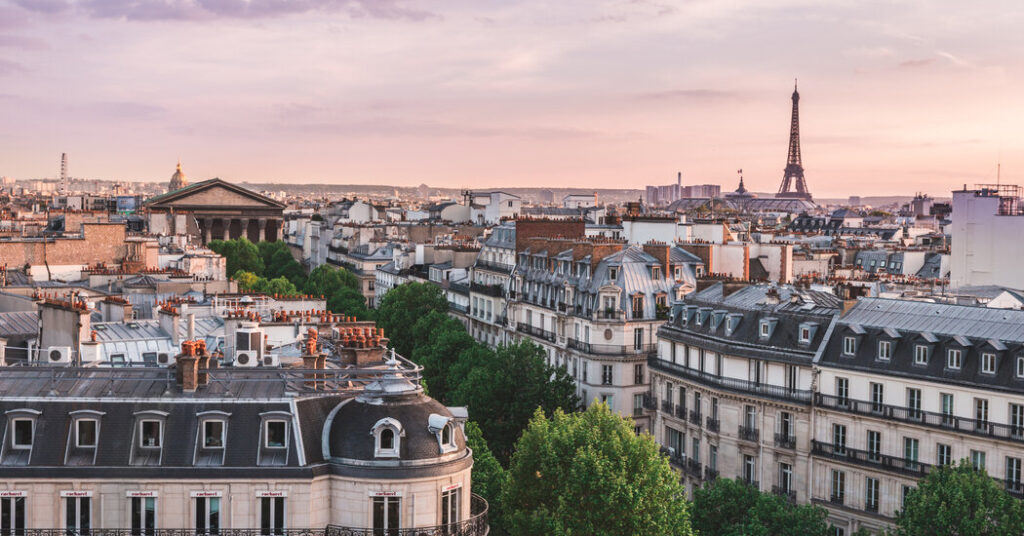Maslow, a soaring, centrally located vegetarian restaurant facing the Seine, wouldn’t dream of closing, given its proximity to the Olympic action. But that decision comes with some unease. “We’re staying positive because the energy will be incredible, but we’re a bit worried about how hard it will be for our staff to get to work,” said the executive chef, Mehdi Favri, who is also a co-owner.
Commuting has ranked high among businesses’ concerns. However, locals have faced similar hurdles getting to work before. In 2019, trains across France and public transport in Paris were severely disrupted for nearly two months during a nationwide pension reform strike, forcing workers to walk or cycle long distances.
André Terrail, the owner of the Michelin-starred restaurant La Tour d’Argent, which overlooks the Seine, doesn’t think the Olympic commutes will be quite that complex but admits such challenges, in general, are the price of doing business in Paris. “It’s going to be complicated. We’re all going to be running around. But it’s also going to be amazing,” he said. “If other host cities have found solutions, so will we.”
Etheliya Hananova, a co-owner and sommelier at the contemporary French restaurant Comice, is perhaps the most enthusiastic about the summer ahead — enough to remain open seven days a week for three weeks through Aug. 10. “It’s one of the biggest events in the history of Paris. We’re here to be part of the welcoming committee,” she said.
The scaling-back of the opening ceremony on the Seine has given the antique booksellers, or “bouquinistes,” that line its banks a reprieve, and many plan to stay open. Shoppers will also be able to browse in department stores such as Galeries Lafayette, Printemps and Le Bon Marché. For those seeking something unconventional, the St.-Ouen flea market will sprawl out as usual, offering antiques, vintage clothing and more.


